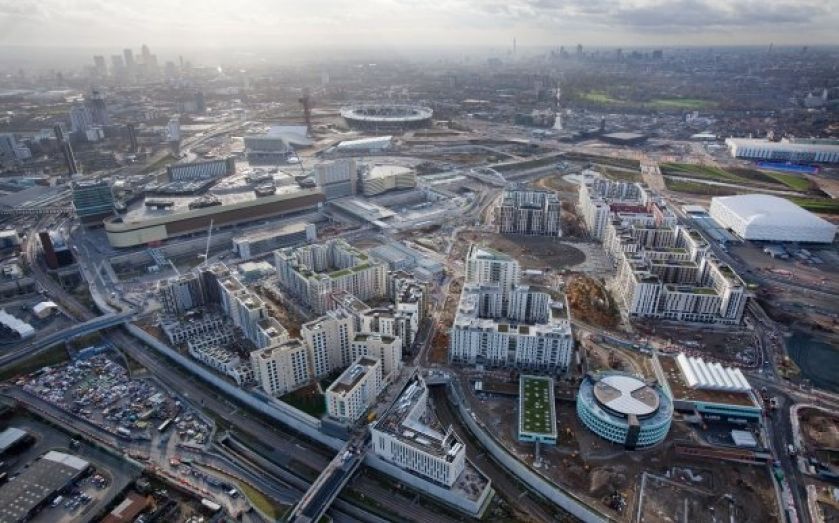How London’s housing crisis threatens City businesses

The high cost of London housing is affecting the capital's competitiveness, according to a new report from the London Chamber of Commerce and Industry.
Soaring house price increases have outstripped wage increases, and so make "living in London unaffordable for many, affecting both employees and employers."
42 per cent of London businesses feel that their ability to recruit and retain skilled workers has been negatively affected by increasing housing costs.
Many employees chose to move further away from the capital in order to avoid high house prices, and face longer commutes as a result. LCCI says that one third of businesses now report that such long, tiring commutes have affected employee productivity and punctuality.
And things are set to get worse, as London's population is expected to grow by the equivalent of the entire population of Birmingham over the next ten years. The report concludes that rent costs and house prices are all pushed upwards by a lack of supply, so it is essential that more developers are attracted into the market.
LCCI wants all undeveloped brownfield sites to be registered by the Mayor, and for owners to be given four years to start building before compulsory purchase is enacted, in an attempt to increase homebuilding in the capital.
But going after brownfield plots is somewhat of a red herring, says the Adam Smith Institute's head of policy, Ben Southwood: "Brownfields are a strange obsession – very unlikely to actually provide enough space to actually make a dent in the housing crisis, but often of much higher environmental value than the greenfield sites we are supposed to protect."
In fact, brownfield sites often turn out to be more expensive to develop, and there isn't much of it around. The LCCI identifies some 3,730 hectares of brownfield land within the Greater London area – an area dwarfed by London's 486,000 hectare greenbelt.
The rationale for compulsory purchase rules is far from clear. Why – with soaring property values – wouldn't developers want to build in the first place? "Compulsory purchase is almost never necessary when there is a strong economic case for something," says Southwood, as private owners already face strong incentives to develop.
The LCCI's own report notes that owners who hold land often don't begin construction immediately after planning permission has been granted "because of the planning system, which requires developers to meet a number of pre-commencement conditions after full planning permission has been granted, and the need to negotiate and secure sufficient development finance."
Where landbanking does occur, accusations are most appropriately levelled at the public sector says the LCCI, as government bodies own as much as 40 per cent of all brownfield land in London. "In an era of constrained public finances, there ought to be a significant incentive for public authorities to sell this land to developers, yet the process of disposing of excess public sector land can be fragmented and protracted," says the LCCI.
